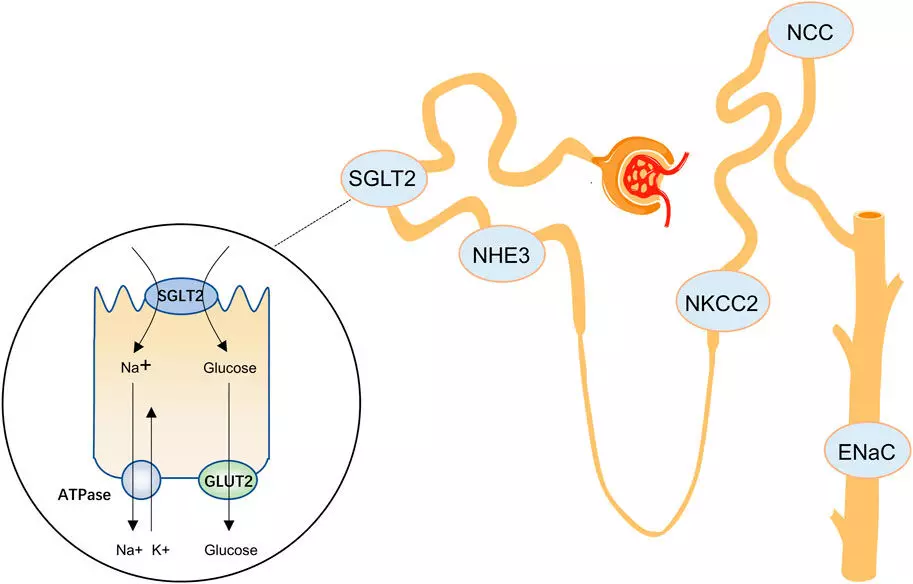SGLT-2 Inhibitors Linked to Lower Epilepsy Risk in Type 2 Diabetes: Study

A recent population-based study published in Diabetes Care suggests that sodium–glucose cotransporter 2 (SGLT-2) inhibitors, commonly prescribed for type 2 diabetes, may also confer neuroprotective benefits by reducing the risk of epilepsy. The study found that the use of SGLT-2 inhibitors was associated with a 29% lower incidence of epilepsy compared to dipeptidyl peptidase 4 (DPP-4) inhibitors. (Diabetes Journals)
SGLT-2 inhibitors function by inhibiting glucose reabsorption in the kidneys, thereby lowering blood glucose levels. Beyond their glycemic effects, these agents have demonstrated cardiovascular and renal benefits. The observed reduction in epilepsy risk may be attributed to the modulation of neuronal excitability and inflammation, though further research is needed to elucidate the underlying mechanisms.(Wikipedia)
The study’s findings highlight the potential of SGLT-2 inhibitors to provide additional benefits beyond glucose control in individuals with type 2 diabetes. However, the authors note that more studies are necessary to confirm and replicate these results. (Diabetes Journals)
Reference:
Houyu Zhao, MD, PhD, et al. (2025). Association Between Use of Sodium–Glucose Cotransporter 2 Inhibitors and Epilepsy: A Population-Based Study Using Target Trial Emulation. Diabetes Care, 48(5), 827–835. https://doi.org/10.2337/dc24-2532
Keywords: SGLT-2 inhibitors, type 2 diabetes, epilepsy risk, neuroprotection, DPP-4 inhibitors, sodium–glucose cotransporter 2, antiepileptic effect, diabetes complications.
